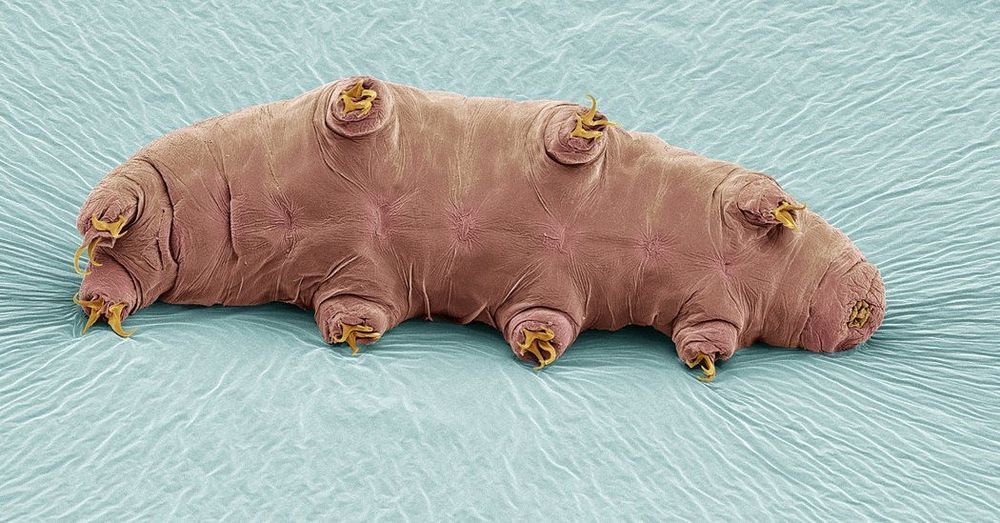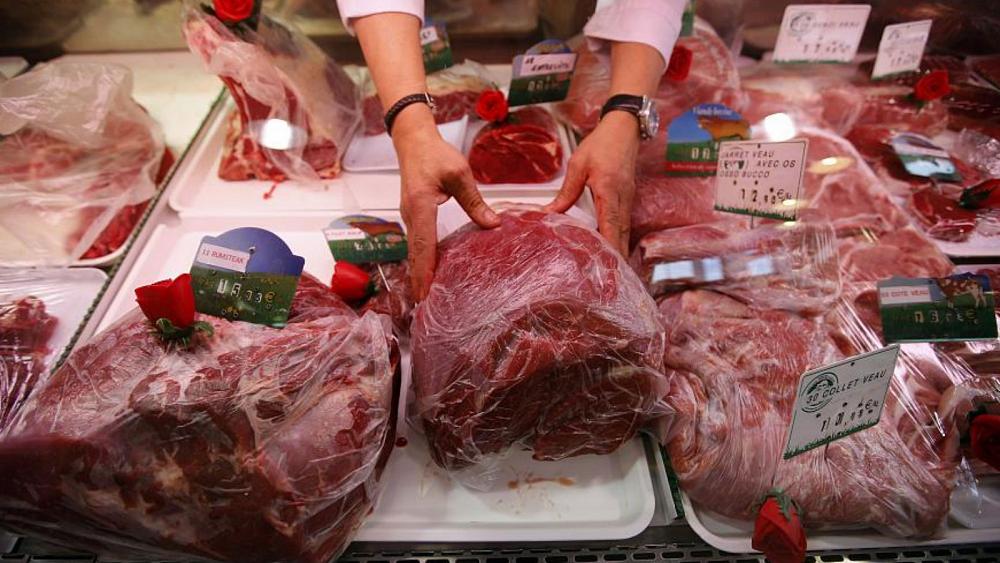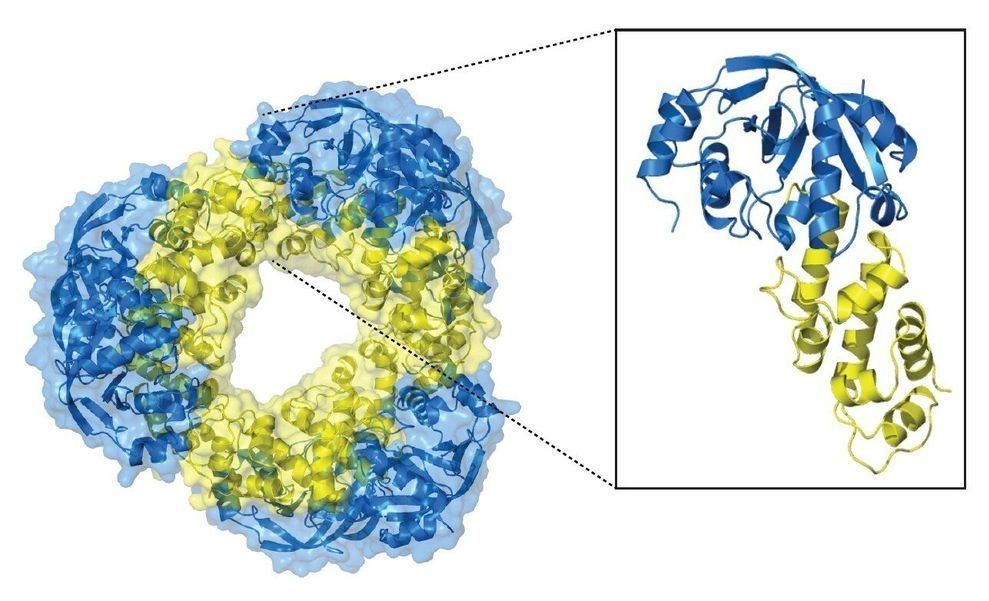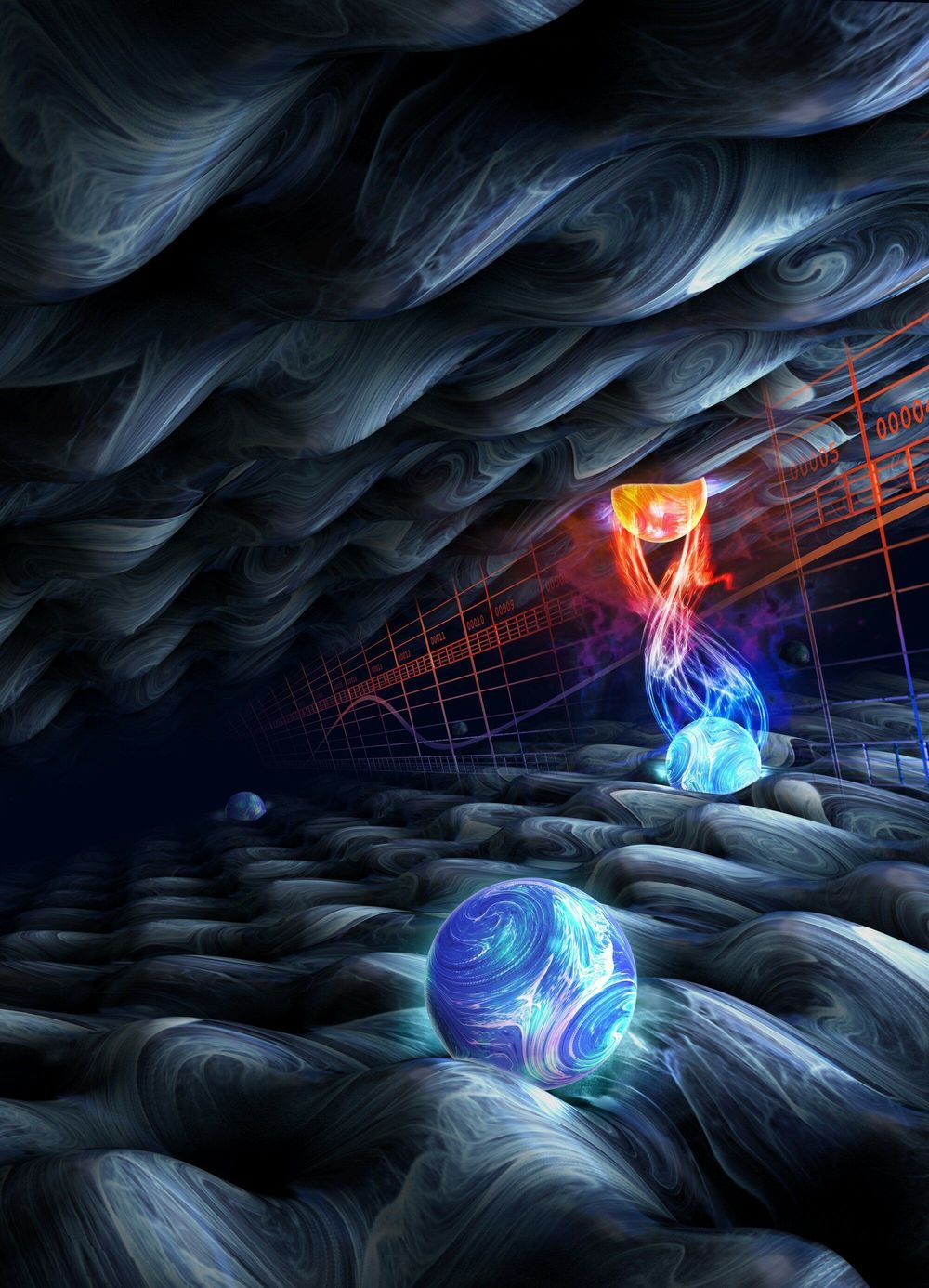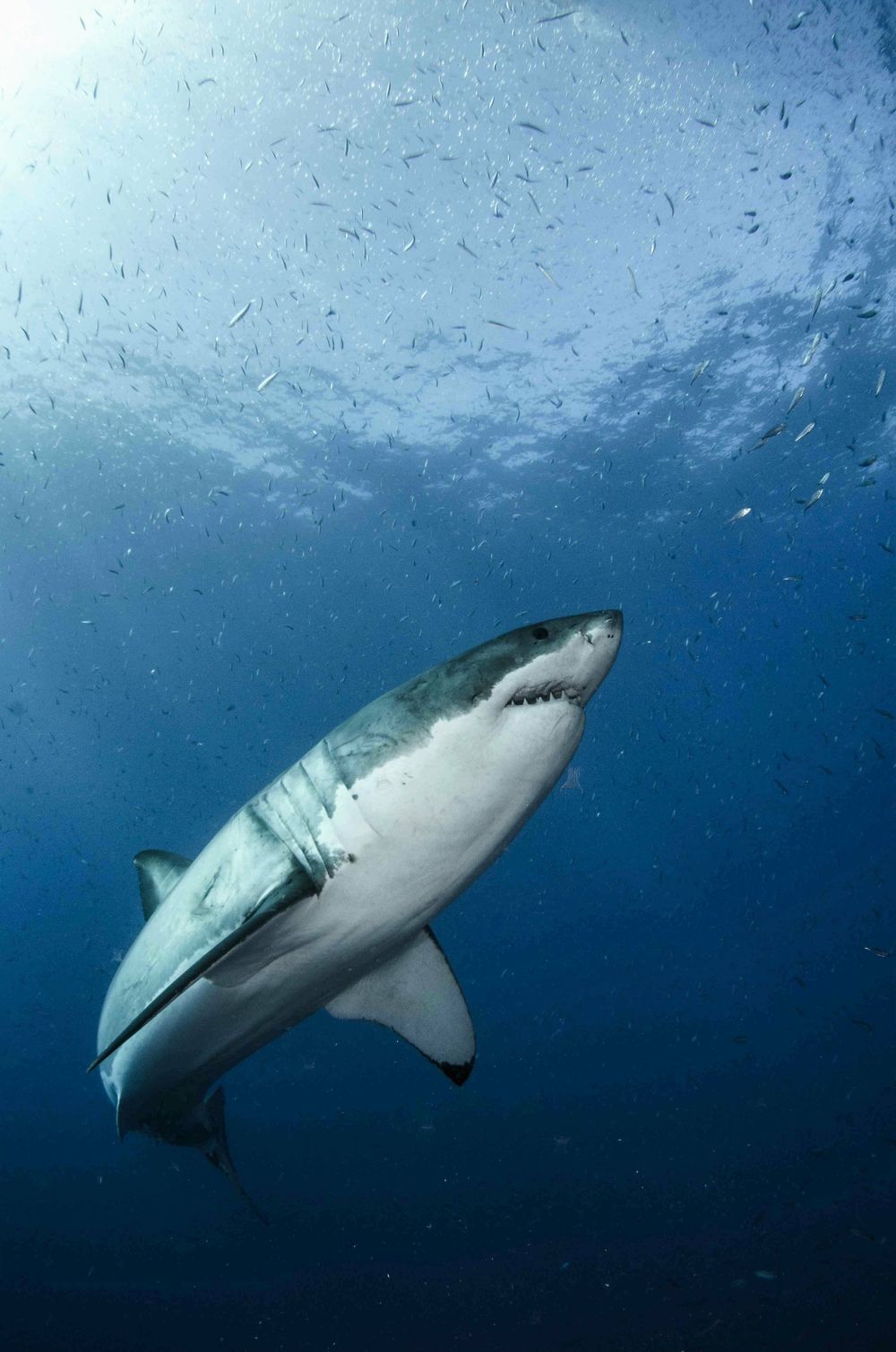Mycelia consume their food externally, by secreting powerful enzymes that break down molecules. In other words, they “digest” whatever substrate, or surface, they’re growing on, converting it to nutrients and—depending on the substrate—edible mushrooms.
Proponents say it’s a natural, more benign, and potentially cheaper alternative to the “scrape and burn” approach to environmental clean-up, which involves digging up contaminated soil and incinerating it.
The problem with that traditional approach is that it can remove potentially fertile topsoil, says Theresa Halula, who teaches mushroom cultivation at Merritt College in Oakland, California. Mycoremediation, on the other hand, she says, can help clean up toxic sites while actually improving soil fertility.

